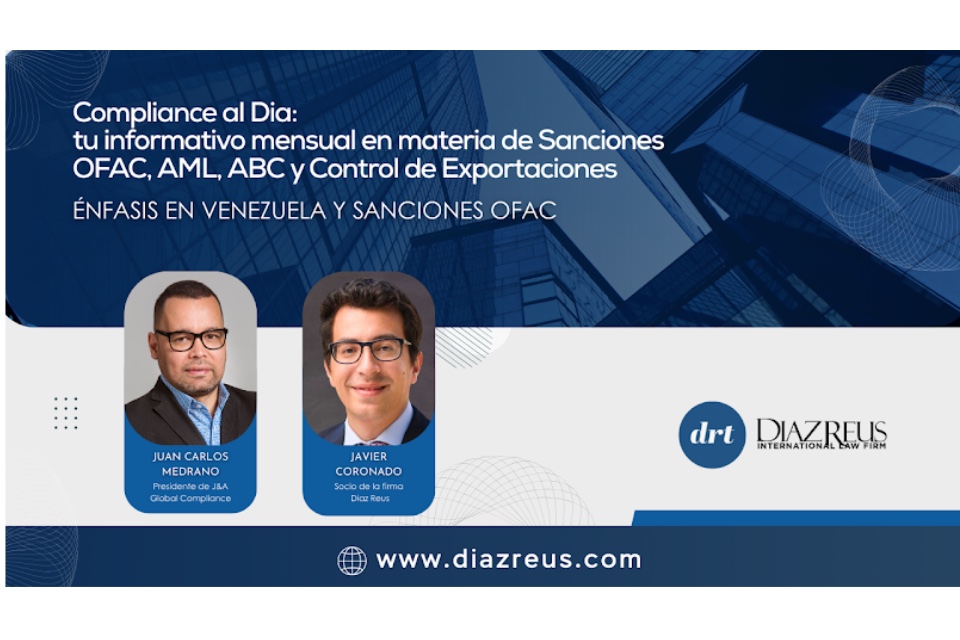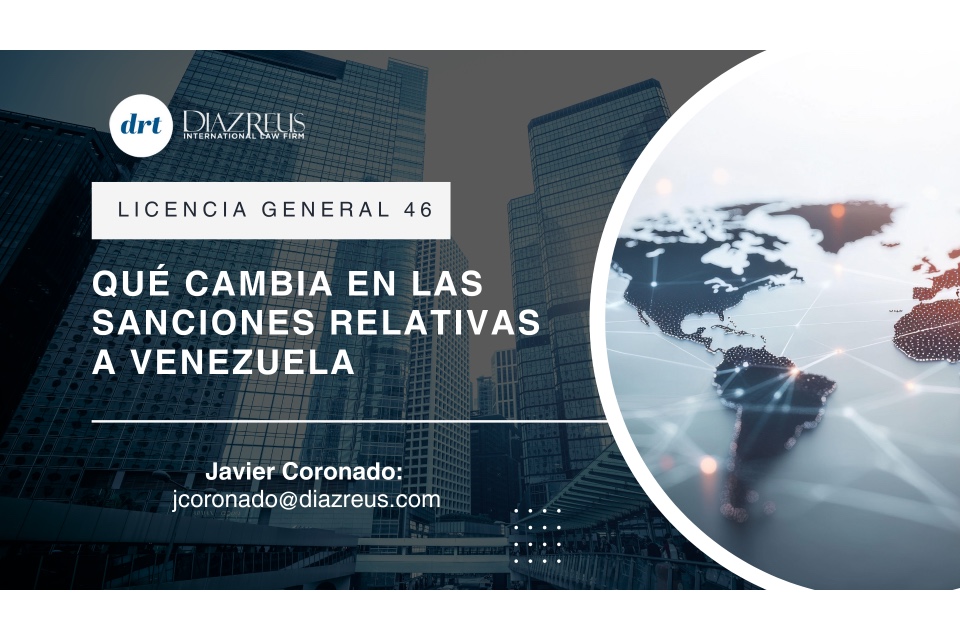By Nicolle Lafosse.
Human Authorship as a Requirement for Copyright Protection
The foundation of copyright law in the United States continues to rest on the principle of human authorship. As AI-generated content proliferates across industries—from literature and visual art to music and even legal drafting—the U.S. Copyright Office has made clear its position: works produced solely by artificial intelligence without meaningful human input are not eligible for copyright protection.
In its most recent guidance, the Copyright Office reaffirmed that copyright attaches only to “original works of authorship fixed in any tangible medium of expression,” and that originality must stem from human creativity. This has profound implications for businesses relying on AI tools to generate marketing materials, product descriptions, or even software code.
The Problem of Ownership in Hybrid Creations
Where AI is used as a tool under human direction—such as when a user gives creative prompts or makes editorial choices—there may be a path to partial or derivative protection. However, determining the threshold of human involvement remains a legal grey area. This creates uncertainty for companies investing heavily in AI systems, especially when evaluating their intellectual property portfolios or negotiating licensing agreements.
Courts are beginning to address this issue, but a standardized test or precedent has yet to be firmly established. Until then, companies and creators must tread carefully when seeking to register AI-assisted works or assert exclusivity over them.














